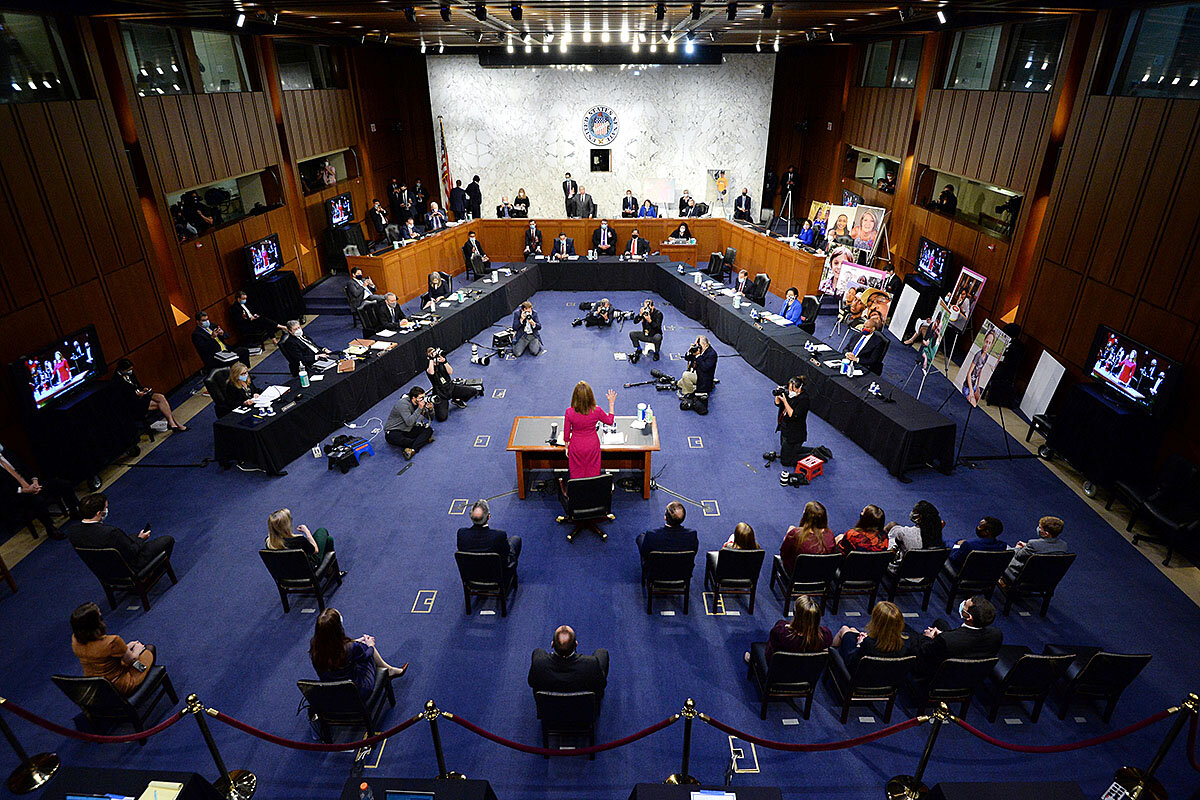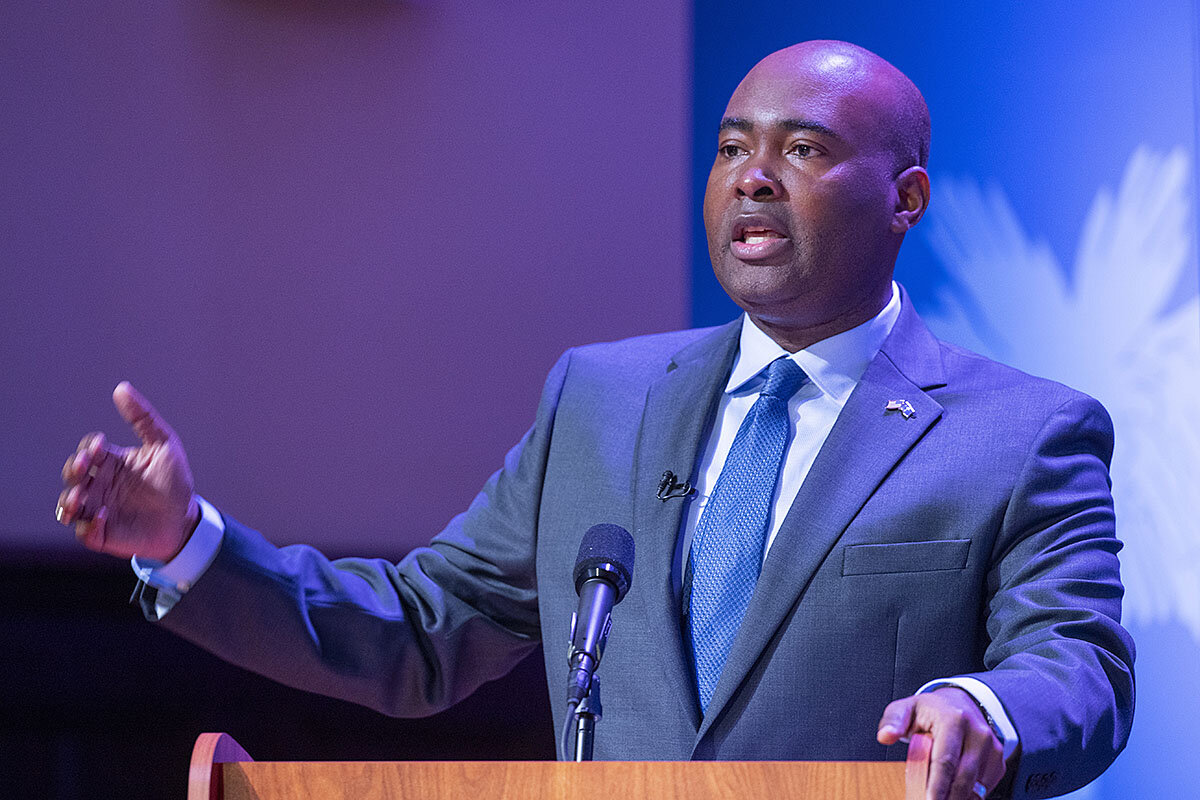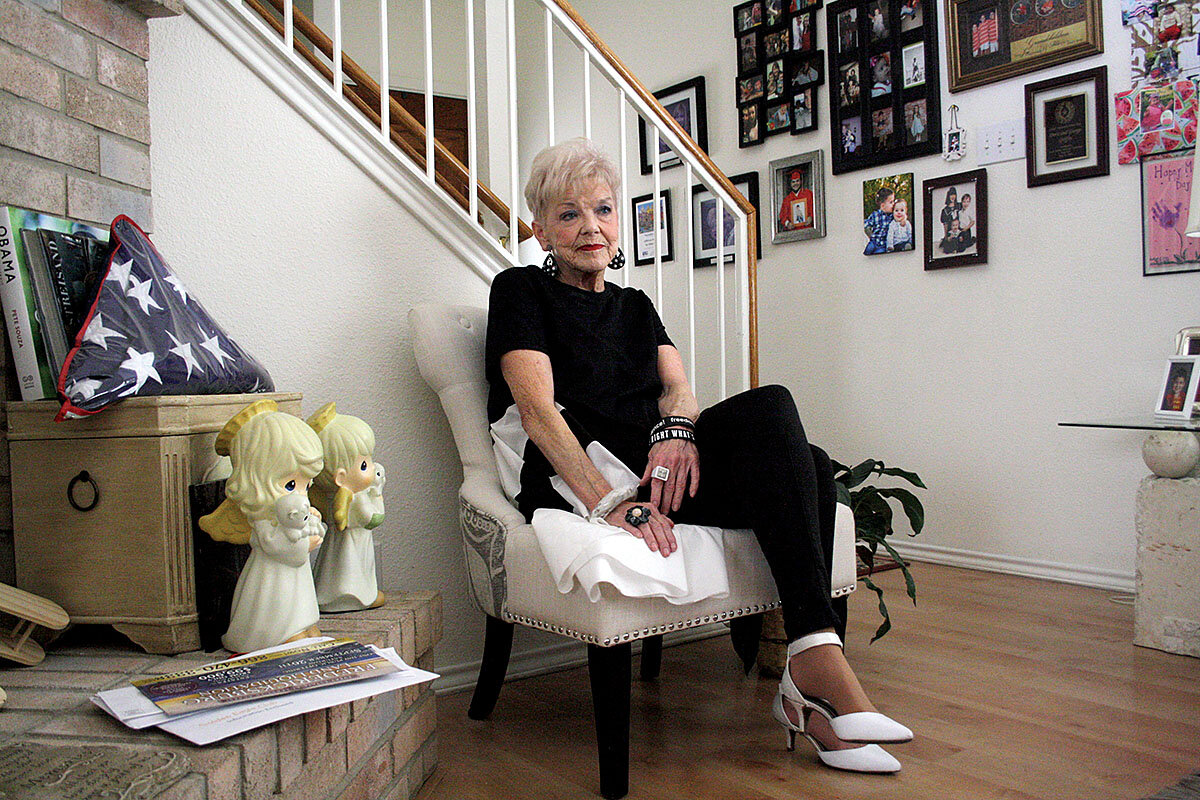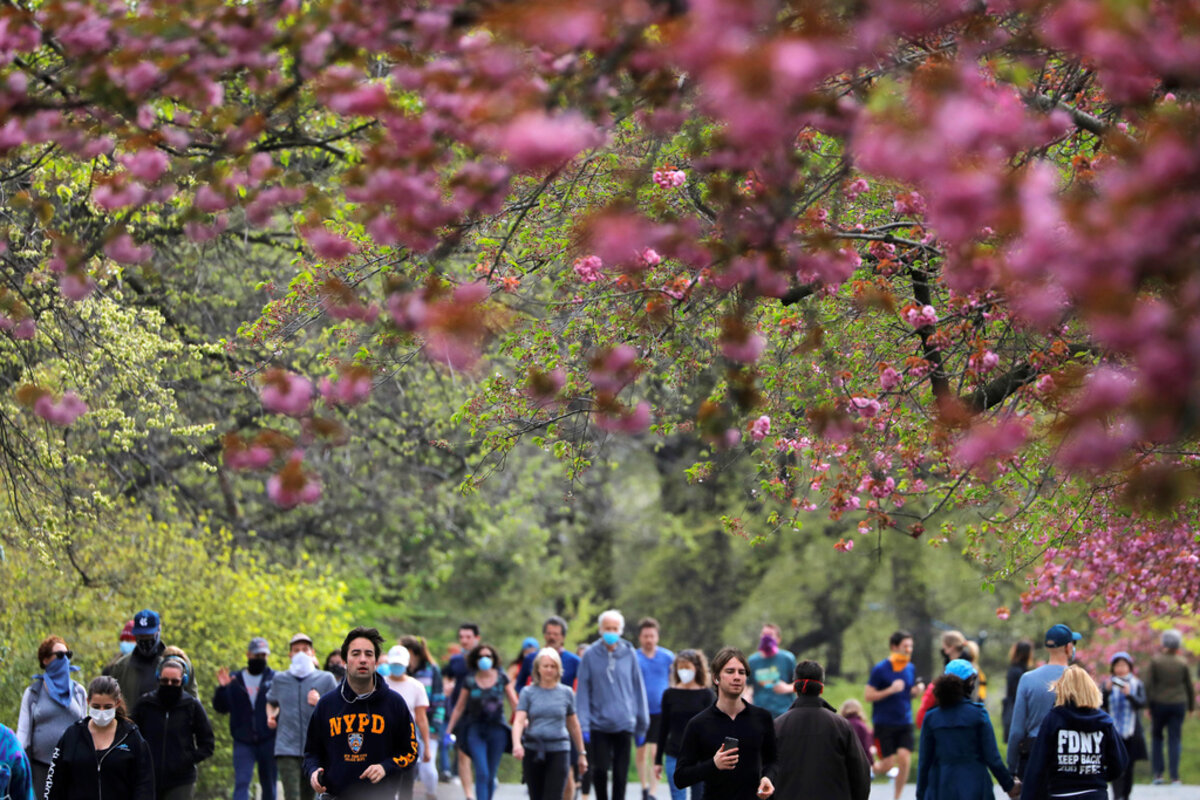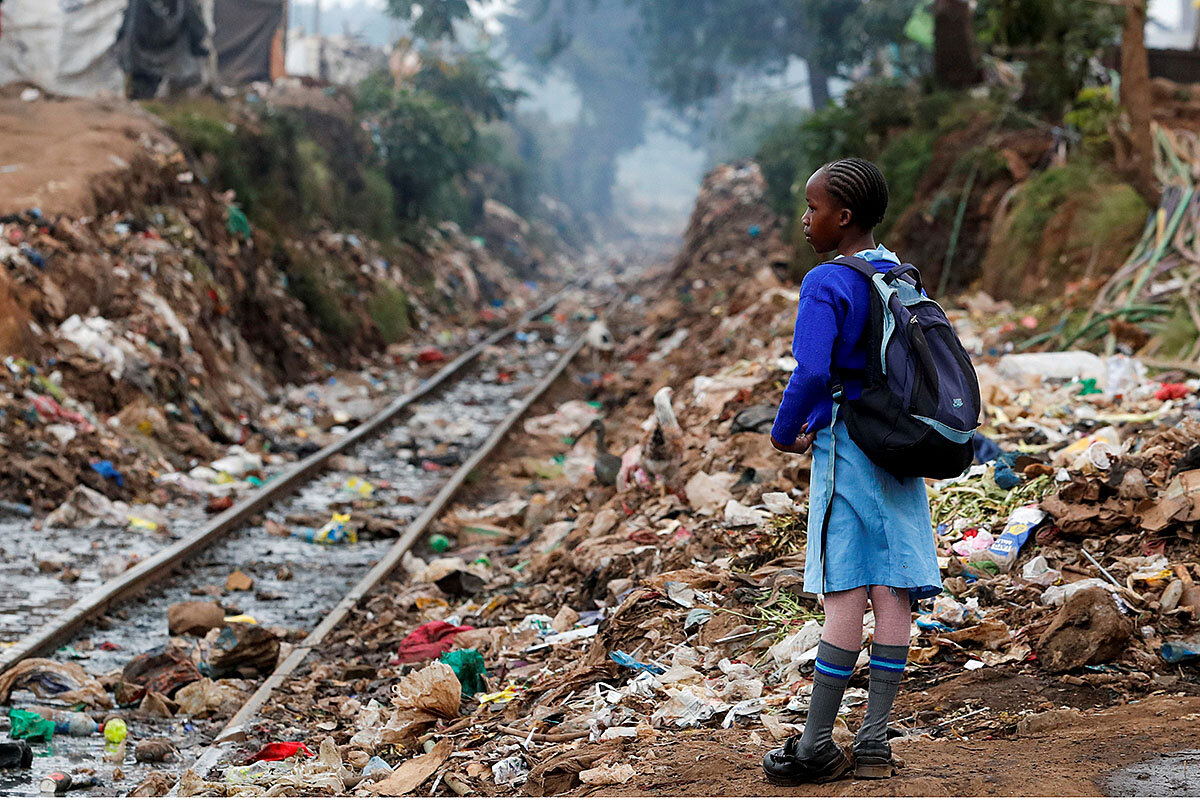There are roughly 300 billion trees in the United States, according to the U.S. Forest Service. The breadth and intensity of wildfires this summer mainly across the Western states – 45,195 fires, 7,928,100 acres burned as of Oct. 8 – provide a stark measure of the increasing impact of climate change.
But there is another, more hopeful effect of climate change recorded in trees: a new vigor in civic engagement and concern for the well-being of communities, especially cities.
Take, for example, the Boston neighborhood of Roxbury. It is more densely inhabited than the Boston-area average. More than 90% of its residents are people of color. It is also one of the poorer and least vegetated areas of the city. More asphalt and fewer trees mean higher temperatures. When the city announced a plan to widen a main thoroughfare through the neighborhood, locals saw it as an act of environmental racism. The blueprints marked 124 mature red oaks and lindens for removal, to be replaced ultimately by 204 new trees. But saplings won’t provide shade for decades. Faced with sustained opposition, the city agreed last month to review and revise the plans – this time with resident input.
Similar discussions are taking place in cities across the U.S. as urban planners, residents, and activists strive to find a balance between population growth and conservation of the natural environment. As of 2018, according to Forest Service data, the total urban forest included 5.5 billion trees providing 127 million acres of leaf area. By 2060 that urban land will increase by nearly 100 million acres, the Forest Service says. Greening those spaces has measurable benefits. The current urban forest produces an estimated $18.3 billion in value through air pollution removal, carbon sequestration, and reduced energy use in buildings.
Trees also contribute to safer neighborhoods. Federal crime statistics show that public housing communities with greater amounts of vegetation and more open landscapes experience less than half the crimes of their less-planted counterparts.
“One of the things we have found is when we build community around trees, it gives [people] a voice. They’re a little less powerless,” Seattle environmentalist Jim Davis told U.S. News and World Report.
In cultures around the world, the relationship among trees, community, and individual spirituality is a common experience. On any given Sunday morning, countless church congregations gather beneath trees to worship in open urban fields across Africa. In Rwanda and Sierra Leone, community tribunals convened in the shade of trees to find reconciliation between victims and perpetrators of genocide and war crimes. Churches curate many of Ethiopia’s largest remaining mature forests.
As temperatures rise and weather patterns shift, arborists around the world are rethinking how forests will need to adapt. By the end of the century, for example, New England’s forests may need to look more like those currently in mid-Atlantic states. New York City biologists are already planting trees from Arizona. In Massachusetts, which has 60% forest coverage, 80% of that forest is privately owned. That gives town planners and backyard gardeners a primary role in preparing for a changing future.
“We are seeing landowners becoming more aware of climate change impacts and, more importantly, the role their land can play in mitigating climate change,” Paul Catanzaro, a forestry expert at the University of Massachusetts, Amherst, told The Boston Globe.
Planting a tree has always been an act of selflessness, beauty, and optimism. As the climate changes, humanity is finding new seasons of living in balance.
 Mark Sappenfield
Mark Sappenfield




